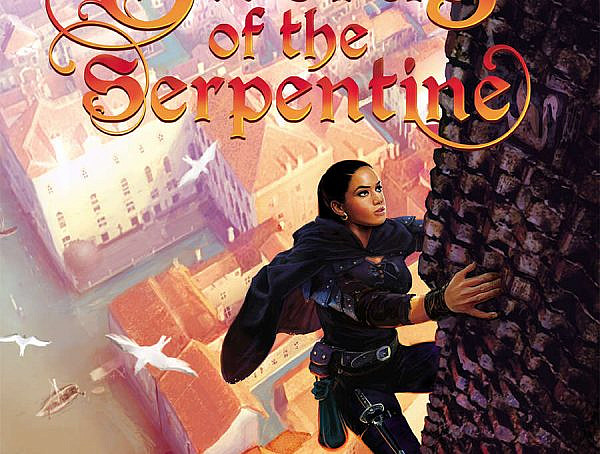How can roleplaying help you in expressing or coming to terms with your identity? Josephine Baird has researched this through her article “Role-playing the Self: Trans Self-Expression, Exploration, and Embodiment in (Live Action) Role-playing Games”, published in International Journal of Roleplaying in 2021. The research was inspired by discourse on Twitter, where a trans larper tweeted about first playing characters of their gender before realising their own transgender identity. Many role-players found the tweets relatable and shared their similar experience. Baird’s research investigates this common experience further and finds that roleplaying games in their core could be helpful for people struggling with their gender identity.
The research focuses on the aspect of roleplaying due to the nature it has. Roleplay, whether on board, video games or live action, is about taking on a role of another person, another time, another life entirely and immersing yourself into that role. When you do this as a cis person, most feel like it is all about the fun of being another person. The experience as a trans person is more complex than that. Getting to play as a person that is more aligned with your own personal identity than what society perceives you as is not just fun, it is liberating.
The research found that trans people in LARP and RPG circles have a common experience of playing as a character opposite of their assigned gender having a lasting impact on them. Baird concludes that this common experience could be used as inspiration to make roleplay games for people to explore their own sexual and gender identity. In roleplay circles, the term of bleed is known as an experience where the feelings, thoughts, and experiences of your character bleed into your everyday real-life. Baird references this in her article and suggests that an emancipatory bleed, where a player feels in control of the bleed, could be used as a way of self-discovery during roleplay. In a situation where a trauma survivor would relive their trauma to become to terms with it, a trans person can use the same emancipatory bleed to explore their gender identity.
In this way Baird suggests this could be a safe way to explore your identity. In the article she also understands that this isn’t an easy task, due to the subject matter. Baird questions how individual levels of comfort can be an issue with game design and how to balance the immersion to not feel too real? And due to the spectrum of experiences with gender and identity, how can you make it to fit individual needs? Baird also notes in the research that many players still have a fear of coming out as trans in their circles due to the fear of transphobia. These are some of the questions still left open by the research.
Picture: Pexels
Reference: Role-playing the Self: Trans Self-Expression, Exploration, and Embodiment in (Live Action) Role-playing Games, Josephine Baird, International Journal of Roleplaying, Issue 11, 2021
You might also like
More from Game Research Highlights
How do you want to do this? – A look into the therapeutic uses of role-playing games
Can playing RPGs contribute positively to your wellbeing? A recent study aims to find out how RPGs are being used …
Eldritch horrors and tentacles – Defining what “Lovecraftian” is in games
H.P. Lovecrafts legacy lives today in the shared world of Cthulhu Mythos and its iconic monsters. Prema Arasu defines the …
Are Souls Games the Contemporary Myths?
Dom Ford’s Approaching FromSoftware’s Souls Games as Myth reveals the Souls series as a modern mythology where gods fall, desires …















